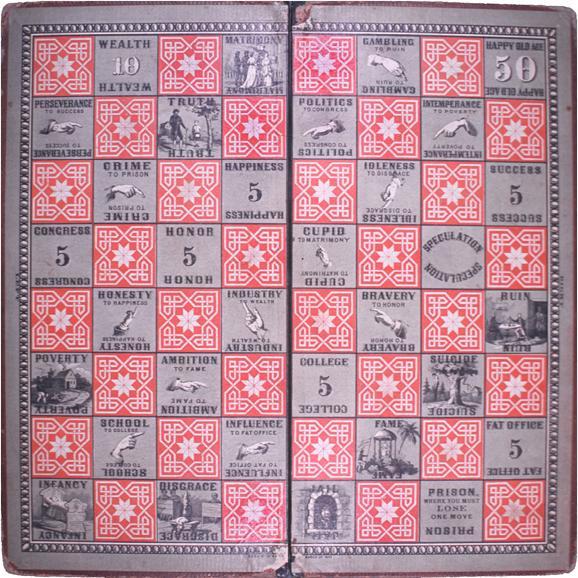Homer, Odyssey 8.147-8
“For as long as he lives, a man has no greater glory
than that which he wins with his own hands and feet”
οὐ μὲν γὰρ μεῖζον κλέος ἀνέρος, ὄφρα κεν ᾖσιν,
ἢ ὅ τι ποσσίν τε ῥέξῃ καὶ χερσὶν ἑῇσιν.
Diogenes Laertius, Life of Pythagoras 8.1
“Sosikrates in his Successions writes that when Pythagoras was asked by Leon the Tyrant of Plius what he was, he said “A philosopher”. And he was in the custom of comparing life to the Great Games because while some go there to compete, others go there to make money, even as some of the best go to watch. In the same way, in life, some grow up in servile positions, Pythagoras used to say, hunting for fame and profit while the philosopher hunts for the truth. That’s enough of that.”
Σωσικράτης δ᾿ ἐν Διαδοχαῖς φησιν αὐτὸν ἐρωτηθέντα ὑπὸ Λέοντος τοῦ Φλιασίων τυράννου τίς εἴη, φιλόσοφος, εἰπεῖν. καὶ τὸν βίον ἐοικέναι πανηγύρει· ὡς οὖν εἰς ταύτην οἱ μὲν ἀγωνιούμενοι, οἱ δὲ κατ᾿ ἐμπορίαν, οἱ δέ γε βέλτιστοι ἔρχονται θεαταί, οὕτως ἐν τῷ βίῳ οἱ μὲν ἀνδραποδώδεις, ἔφη, φύονται δόξης καὶ πλεονεξίας θηραταί, οἱ δὲ φιλόσοφοι τῆς ἀληθείας. καὶ τάδε μὲν ὧδε.
Tertullian, De Spectaculis
“This will be enough regarding the stained origin of games in idolatry”
Sed haec satis erunt ad originis de idololatria reatum.
102v
“How many ways have we shown that nothing which has to do with these games pleases god!”
Quot adhuc modis probavimus, nihil ex his quae spectaculis deputantur placitum deo esse!
Plutarch, Progress in Virtue 79F
Once when Aeschylus was watching a boxing match at the Isthmian games, one of the men was hit and the audience screamed out. He elbowed Ion of Chios and said, “Do you see what training is like? The man who was hit stays silent and the spectators yell!”
Αἰσχύλος μὲν γὰρ Ἰσθμοῖ θεώμενος ἀγῶνα πυκτῶν, ἐπεὶ πληγέντος τοῦ ἑτέρου τὸ θέατρον ἐξέκραγε, νύξας Ἴωνα τὸν Χῖον “ὁρᾷς,” ἔφη, “οἷον ἡ ἄσκησίς ἐστιν; ὁ πεπληγὼς σιωπᾷ, οἱ δὲ θεώμενοι βοῶσιν.”
Pindar, Nem. 4.6
“The story of deeds lives longer than deeds themselves”
ῥῆμα δ’ ἐργμάτων χρονιώτερον βιοτεύει
Cicero, De Senectute 58
“Let others have weapons, horses, spears, fencing-foils, ball games, swimming competitions, races, and leave to the old men dice and knucklebones for games. Or let that go too since old age can be happy without it.”
Sibi habeant igitur arma, sibi equos, sibi hastas, sibi clavam et pilam, sibi natationes1 atque cursus; nobis senibus ex lusionibus multis talos relinquant et tesseras; id ipsum ut2 lubebit, quoniam sine eis beata esse senectus potest.
Lucretius, De Rerum Natura 4.973-984
“And whenever people for many days in a row
Have given endless attention to games, we see that many
Have stopped actually absorbing these things with their senses
Even though there are paths still open in the mind
By which the representations of things may enter.
For many days in this way the same things are seen
Before their eyes and they stay awake so that they might seem
To see dancers moving their gentle limps
Or brush with their ears the liquid song of the lyre
And the talking chords, and to sense again that same concord
And the wild spectacular with its bright scene.”
Et quicumque dies multos ex ordine ludis
adsiduas dederunt operas, plerumque videmus,
cum iam destiterunt ea sensibus usurpare,
relicuas tamen esse vias in mente patentis,
qua possint eadem rerum simulacra venire.
per multos itaque illa dies eadem obversantur
ante oculos, etiam vigilantes ut videantur
cernere saltantis et mollia membra moventis,
et citharae liquidum carmen chordasque loquentis
auribus accipere, et consessum cernere eundem
scenaique simul varios splendere decores.
Horace, Epistles 1.19.48-9
“Sport tends to give rise to heated strife and anger, anger in turns brings savage feuds and war to the death”.
ludus enim genuit trepidum certamen et iram, ira truces inimicitias et funebre bellum.
Xenophanes, Fragment 2. 16-19
“Swiftness of feet—the thing honored most in all of man’s acts of strength in the contest—could never make a city governed well.”
οὐδὲ μὲν εἰ ταχυτῆτι ποδῶν, τόπερ ἐστὶ πρότιμον,
ῥώμης ὅσσ’ ἀνδρῶν ἔργ’ ἐν ἀγῶνι πέλει,
τούνεκεν ἂν δὴ μᾶλλον ἐν εὐνομίηι πόλις εἴη·

Like this:
Like Loading...







